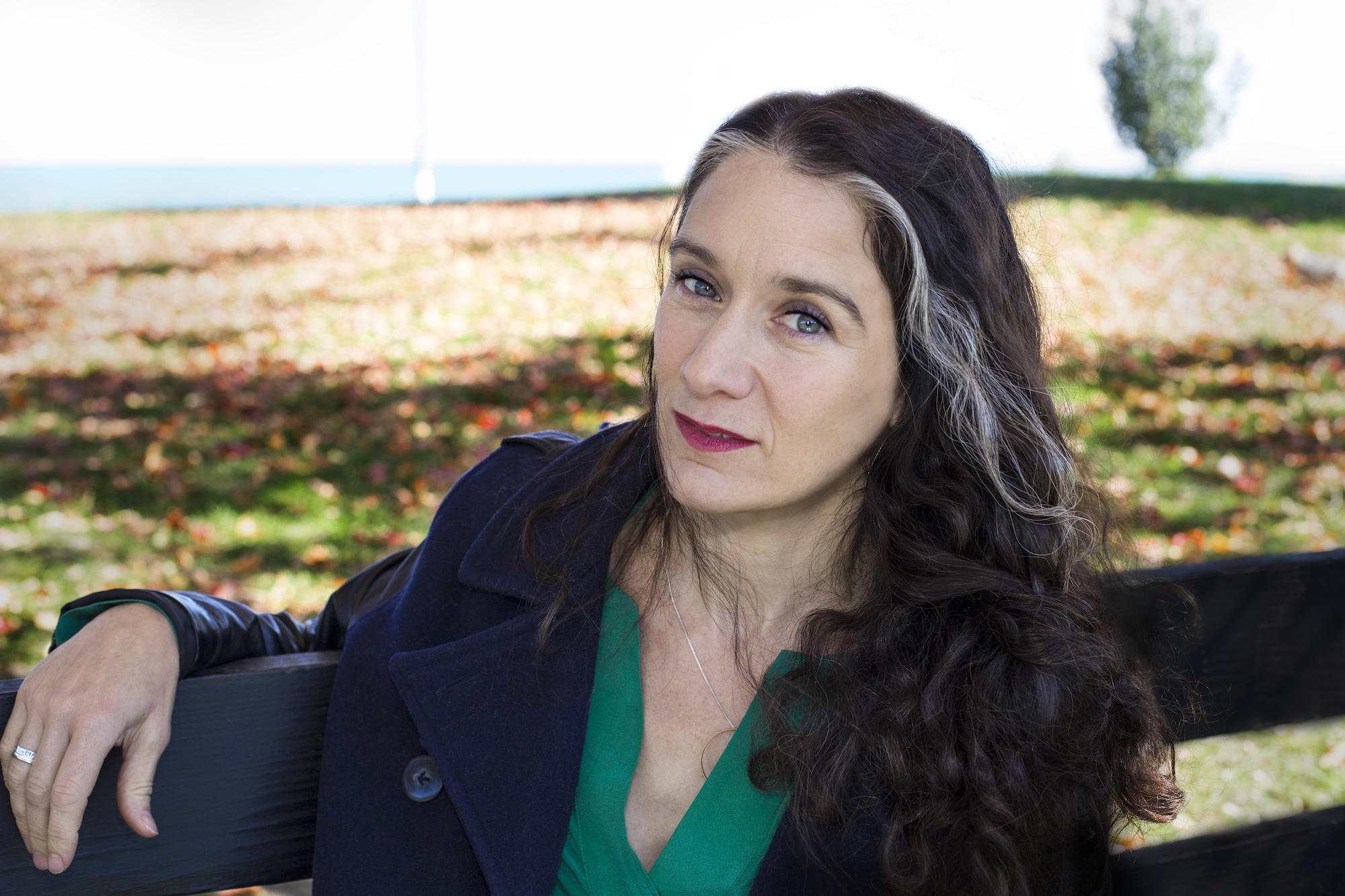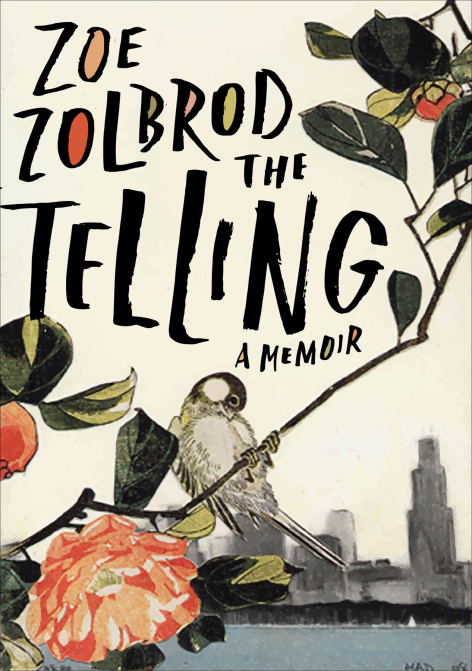Interview: Zoe Zolbrod
 Midwestern Gothic staffer Lauren Stachew talked with author Zoe Zolbrod about her memoir The Telling, making the internal external, readers’ responses to a multifaceted literary work, and more.
Midwestern Gothic staffer Lauren Stachew talked with author Zoe Zolbrod about her memoir The Telling, making the internal external, readers’ responses to a multifaceted literary work, and more.
**
Lauren Stachew: What’s your connection to the Midwest?
Zoe Zolbrod: I was born in Northwestern Pennsylvania, in a town that was close to the Ohio border. In many ways, the culture was more midwestern than East Coast. To seal the deal, I went to Oberlin College in Ohio, and then moved to Chicago where I’ve been ever since.
LS: In what ways do you feel that living in the Midwest, particularly Chicago, has influenced your writing?
ZZ: As a small town girl who’d always longed to live in a city, I’ve had quite a love affair with Chicago. It’s both huge and cosmopolitan but also connected to the Great Lakes and weather of my youth in a way that makes me feel rooted. It made such an impression on me in my early years here, when I explored with relish, taking everything in. That period gave me a store of rich memories to draw on. I’ve set many a scene in neighborhoods where I’ve lived and along Lake Michigan, and there are more to come. And both my publishers are based here. I very much feel like a Chicago writer.
LS: The Telling has, in some interviews, been referred to by different titles, such as What to Tell, and Memory Scales. What made you decide on The Telling as the final title?
ZZ: Yes, the title kept changing during the time I was shopping the book. My agent and I were looking for something that was memorable and descriptive while also evocative. It was acquired by Curbside Splendor under Memory Scales — which was maybe the third title we’d tried — but almost immediately I balked at it, because the book is less about memory and more about making the internal external. I bounced ideas off my editor, agent, and writers group until we came up with The Telling, which I’ve felt good about ever since.

LS: The Telling is your first memoir, while your previous works have been a novel and essays. Was it difficult to switch to a different form of writing for this memoir? How did you prepare for writing a memoir versus writing fiction?
ZZ: The form itself didn’t give me too much trouble. Maybe that’s because I’d been writing essays in between finishing the novel and starting the memoir, and in some ways the memoir seemed a combination of both of those, a mix of ideas, facts, and scene. The most valuable craft book I read – actually, it might be the only one – was The Situation and the Story, by Vivian Gornick.
LS: You’ve said in a prior interview that when you began writing this memoir it “wasn’t uncommon to get an ‘oh, a victim narrative’ response or attitude” from people.” Did you find that this response changed once it was published?
ZZ: The reviews and comments have been very gratifying, because people seem to have no trouble reading this as a multifaceted literary work, rather than a stereotypical recovery narrative.
LS: When you are writing, are there specific physical places that you prefer that make you feel the most inspired?
ZZ: Perfect writing conditions for me are to be alone in a little house or cabin in the woods. I finished the first draft of the book at my sister-in-law’s cabin in Pennsylvania, and I completed the revisions in my neighbor’s summer cabin in Wisconsin.
LS: What’s one thing you wish you had known when you first began writing?
ZZ: Hmm. I’m not sure there’s any original piece of knowledge that would have helped me at the beginning, but somewhere in the middle there I could have used a kind nudge from my older self telling me not to wait for more perfect conditions, to keep pecking away.
LS: What’s next for you?
ZZ: I’m looking forward to getting back to a novel that I started last year and have set aside. The best parts of writing for me aren’t in the promotion, they’re in the immersion, and I want to find a way to get back to it.
**
Zoe Zolbrod is the author of the memoir The Telling (Curbside Splendor, 2016) and the novel Currency (Other Voices Books, 2010). Her essays have appeared in Salon, Stir Journal, The Manifest Station, Lit Hub, and The Rumpus, where she is currently the Sunday co-editor. She gradated from Oberlin College and received an M.A. from the University of Illinois at Chicago’s Program for Writers. Born in Western Pennsylvania, she now lives in Evanston, IL, with her husband and two children.






